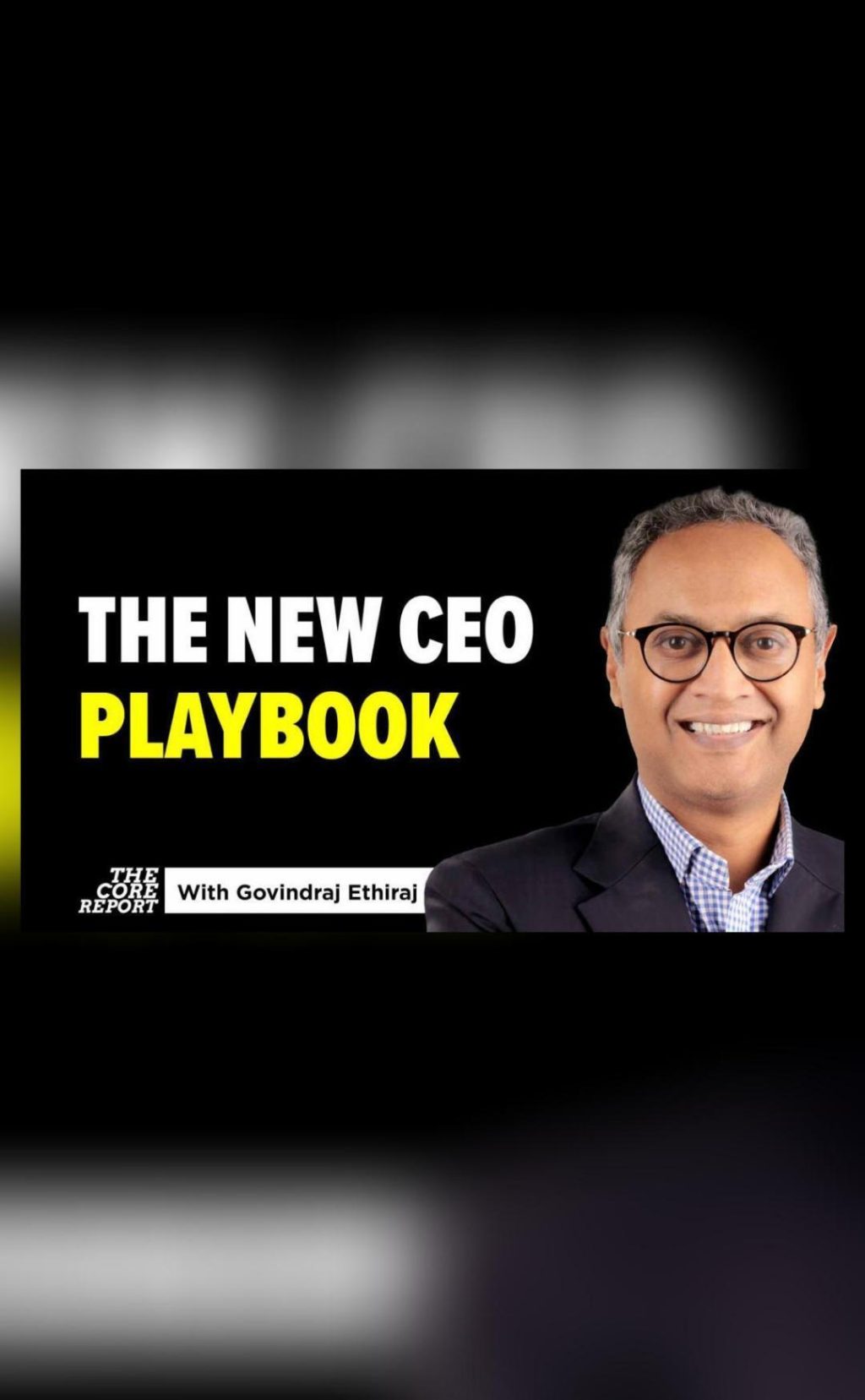
The New CEO Playbook: AI Pressures & Global Tariff Shocks
As the world continues to grapple with the far-reaching implications of artificial intelligence (AI) and shifting global trade policies, CEOs are facing unprecedented challenges. From the pressure to automate and innovate internally, to the external forces of shifting trade policies and tariff shocks, business leaders must rethink their strategy and operations to stay ahead of the curve.
In a recent video interview, experts from top consulting firms and industry leaders shared their insights on the new CEO playbook for navigating these turbulent times. According to the experts, companies are being pushed to localize, adapt, and reconsider long-held business models in response to the uncertainty and disruption caused by AI and tariff shocks.
AI Pressures: The Need to Automate and Innovate
One of the primary pressures facing CEOs today is the need to automate and innovate in response to the rise of AI. As AI systems become increasingly sophisticated, companies are being forced to rethink their entire business models and operations to remain competitive. This means investing in AI-powered technologies, such as machine learning and natural language processing, to streamline processes, improve efficiency, and enhance customer experiences.
However, the pressure to automate and innovate is not limited to just technology. CEOs must also prioritize internal innovation, encouraging a culture of experimentation and iteration within their organizations. This involves fostering a mindset of continuous learning, embracing failure, and empowering employees to take calculated risks and drive innovation.
Global Tariff Shocks: The Impact on Trade and Supply Chains
Meanwhile, global tariff shocks are disrupting trade and supply chains worldwide. The imposition of tariffs by governments around the world, particularly the United States, has created uncertainty and volatility in global markets. This has led to increased costs, reduced trade volumes, and a surge in protectionism.
For CEOs, the implications are far-reaching. Companies must adapt to the new tariff landscape by diversifying their supply chains, localizing production, and negotiating new trade agreements. This requires a deep understanding of global trade policies, as well as the ability to navigate complex regulatory environments.
The New CEO Playbook: Localizing, Adapting, and Reconsidering
So, what does the new CEO playbook look like in response to these pressures? According to the experts, companies must prioritize three key strategies:
- Localization: As tariff shocks and trade tensions continue to disrupt global supply chains, CEOs must focus on localizing production and reducing reliance on international trade. This involves investing in local manufacturing, sourcing materials from domestic suppliers, and building relationships with regional partners.
- Adaptation: Companies must be agile and adaptable in response to the rapidly changing trade landscape. CEOs must be prepared to pivot their strategies, adjust their supply chains, and navigate complex regulatory environments.
- Reconsideration: Finally, CEOs must be willing to reconsider long-held business models and operations. This involves questioning assumptions, challenging existing practices, and exploring new opportunities for growth and innovation.
Conclusion
The new CEO playbook is clear: companies must localize, adapt, and reconsider in response to the pressures of AI and global tariff shocks. While the road ahead is uncertain, CEOs who prioritize innovation, agility, and adaptation will be best positioned to thrive in this new era of disruption.
As the world continues to evolve, CEOs must be prepared to rethink their strategy and operations, embracing the opportunities and challenges presented by AI and tariff shocks. By doing so, they will be able to navigate the complex and rapidly changing landscape of global business, driving growth, innovation, and success for their companies.
Source:






